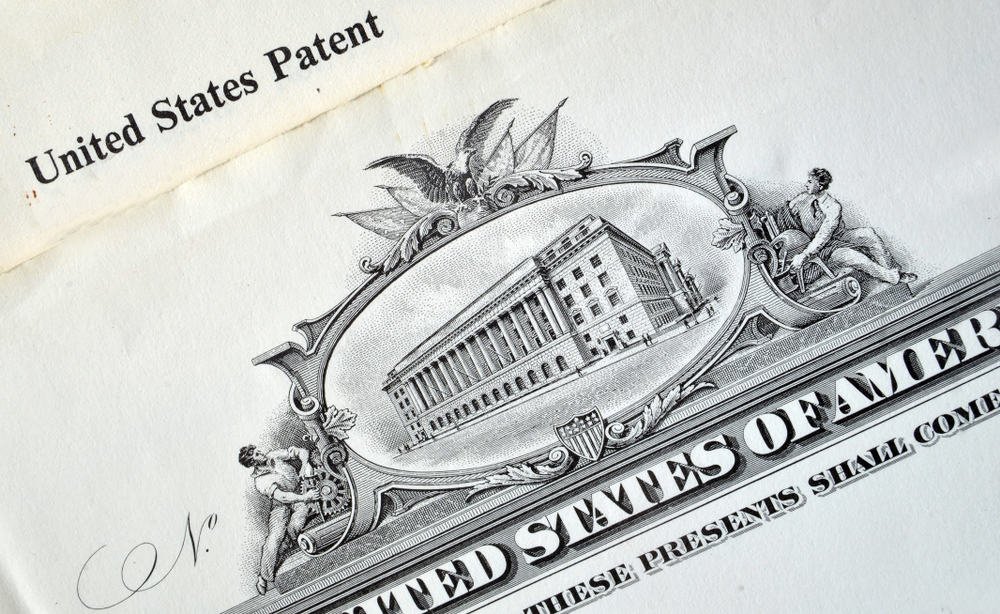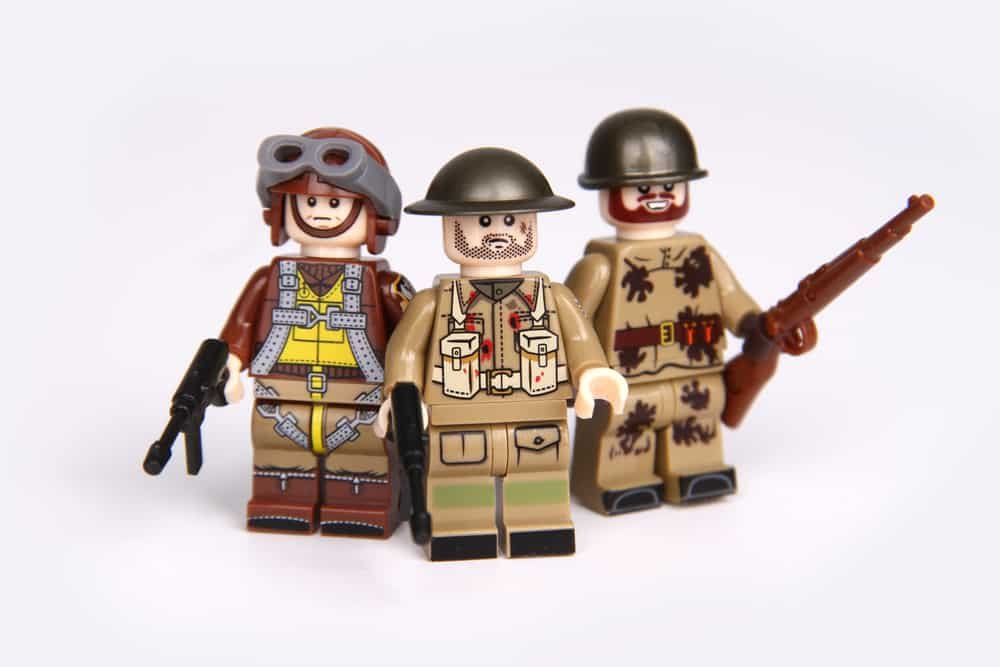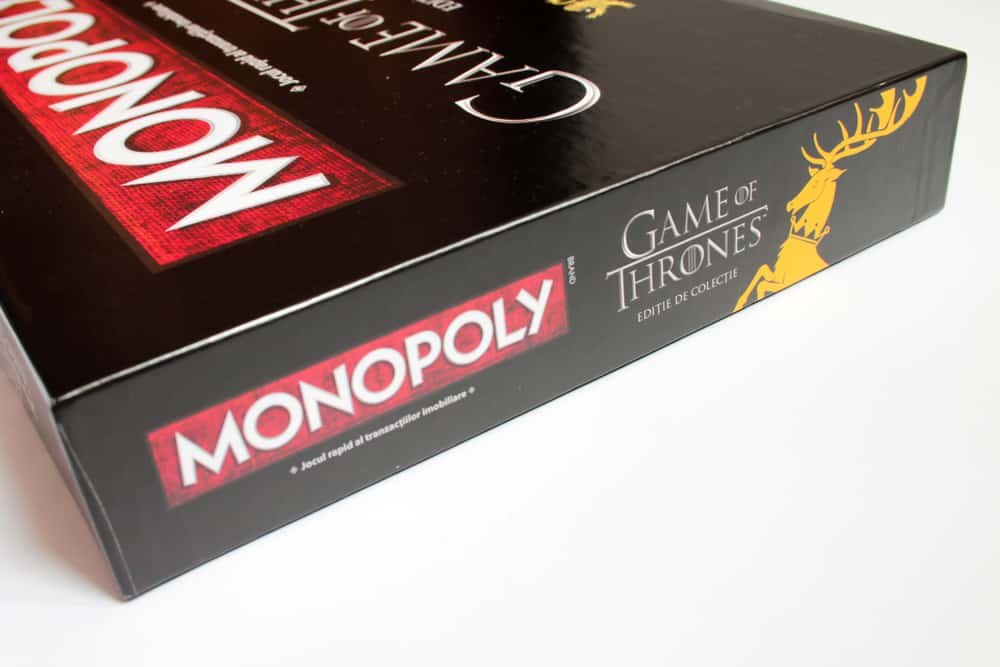Last Updated on January 7, 2024 by Gamesver Team and JC Franco

Monopoly is a game that has been a firm family favorite for many years. Not just in my family, but in many people’s families. In fact, it is a game that is played by families, groups of friends, and children – it almost seems as if Monopoly is the game to be enjoyed by everyone.
While you might know the rules and gameplay of Monopoly, how much do you really know about its history and where it comes from? I must admit that when asked that question, I really did not know how to answer it. It turns out that I knew nothing about the game that I had come to love so much. So, I decided to change that!
A Timeline of the History of Monopoly:
| 1883: | George Parker, from Parker Brothers, created the game Banking. |
| 1904: | The Landlord’s Game is patented by Lizzie Magie, an anti-monopolist at the time. |
| 1906: | The Landlord’s Game is manufactured by the Economic Game Company, which Magie was part-owner of. |
| 1910s – 1920s: | Many versions and variations of The Landlord’s Game were created. |
| 1923: | After Magie’s patent expired in 1921, once again, she filed a new patent for The Landlord’s Game. |
| 1932: | For the first time, Charles Darrow was introduced to The Landlord’s Game. |
| 1934: | Charles Darrow started making and selling copies of a similar game to The Landlord’s Game called Monopoly. |
| 1935: | Charles Darrow patented Monopoly, which was bought by Parker Brothers. |
| 1935: | To avoid legal disputes, Parker Brothers, also, bought the copyrights of The Landlord’s Game from Magie for only $500 (and no royalties). |
| 1935: | After producing about 20,000 sets per week, Monopoly became one of the best-selling board games in the US. |
| Late 1930s: | Parker Brothers gave all the credits as the inventor of Monopoly to Charles Darrow. |
| 1973: | The first Monopoly World Championship was held in New York. |
| 1974: | Ralph Anspach entered a legal dispute with Parker Brothers (General Mills) over his Anti-Monopoly game for trademark infringement. |
| 1983: | About a decade later, the US Supreme Court rule in favor of Anspach, who, through his investigation, was able to put Lizzie Magie’s name back on the map for her crucial role in the invention of the game. |
| 1991: | Hasbro acquired Parker Brothers (Tonka), and therefore, the copyrights of Monopoly. |
It’s fair to say that Monopoly’s roots go as far back as 1903 (or even the 1880s). Monopoly, which was patented by Charles Darrow in 1935, was based on The Landlord’s Game. In the early 1900s, The Landlord’s Game was created by Lizzie Magie, who was an anti-monopolist at the time.
Magie’s intention was for the game to illustrate the single tax theory imposed by Henry George, and to act as an educational tool to shine a spotlight on the negative impact of concentrating land in private monopolies. From there, the actual game of Monopoly was ‘conceptualized’ by Darrow. With that being said, it’s believed that Darrow stole Magie’s idea.
At this stage, you might be wondering if Monopoly is The Landlord’s Game or if it is a game in its own right. When you start to think about that, that’s where things become a bit tricky. According to various sources, Magie patented the game in 1904 and published it (under the Economic Game Company) in 1906.

Many believe that Charles Darrow stole Magie’s idea, renamed it, made some changes, and claimed it as his own before selling it on to the Parker Brothers. Be that as it may, one thing is for certain; the history of the game is quite interesting. Read on to learn more.
Highlights of the History of Monopoly
Lizzie Magie & Charles Darrow – The Scandal
When Lizzie Magie published her game, she probably never thought that it would spark the creation of similar games. She probably also had no idea that her game would inspire another creator to steal her concept and become the beneficiary of payoffs that should have rightfully been hers.
When she released her game in the early 1900s, it seemed as if various board games suddenly emerged, all focusing on the process of buying land for development and the sale of property that was undeveloped – all suspiciously similar to her game. This was seen happening right from the release of The Landlord’s Game through to the 1930s. Magie obviously noticed that the game had spurred on other game’s creations and so patented the game again in 1923.
It is interesting to read what Wikipedia has to say about Charles Darrow and how he came to “invent” Monopoly.
One particular gentleman, Charles Todd, remembers an evening in 1932 when Charles Darrow and his wife came over for dinner. After eating, they settled in for a few rounds of The Landlord’s Game, which Charles Darrow claimed to have never encountered before. The game was thoroughly enjoyed, and due to being impressed by it, Darrow requested that the hosts provide him with a set of the rules written out – which they did.

Thereafter, Charles Darrow started distributing his own game called Monopoly, which was quite similar to The Landlord’s Game with different branding and vaguely different rules.
According to Wikipedia, this caused a serious rift in the relationship between the Todds and the Darrows, and it is said that they did not speak or socialize further after Monopoly was released.
Darrow went on to sell the copyright of the game to Parker Brothers. Parker Brothers later suspected that Darrow was not truly the only inventor of the game and thereafter, spent $500 on purchasing the rights to the patent that Magie had on The Landlord’s Game. I personally find this a harsh deal for Magie.
Parker Brothers Ownership of Monopoly & Its Role in WWII
Once Parker Brothers had all the admin sorted out over the copyright of the game, they set right to work on readying the game for sale. During the first years, sales took off. A year later, the game became available (and licensed) for resale outside of the United States. This introduced the world to the game that was growing increasingly popular… and then World War 2 happened. Monopoly sales weren’t halted by the war. In fact, the game played somewhat of a role in the war.
As the war waged on, it is said that Waddingtons (a UK board game and card supplier) was enlisted by the British Secret Intelligence Service to create a special edition of the game for the war. The game was aimed at prisoners held in Nazi war camps. Prisoners of war were provided with survival packs, including entertainment. Monopoly was one game that was included and distributed to prisoners.
Waddingtons is said to have included real money, maps, compasses, and other items that prisoners could use to escape in these particular Monopoly game packs. You might be wondering how on earth they got that right. Well, the British Secret Service is said to have created several bogus charity organizations that were used to distribute the packs to prisoners. Apparently, this plan worked quite well.
You might wonder why the Secret Service approached Waddingtons for help. Well, the idea was to ensure that the maps and other crucial information were printed on a material that was more durable than paper. It was not to tear, get wet and deteriorate, or fade. Waddingtons, at the time, had technology that enabled them to print on silk, which is just what the Secret Service was after. British airmen were always told to look for Monopoly games in their care packs as the required means of escape would be hidden inside the box.

There’s quite an interesting article that you can read on this here.
Monopoly in the 1970s and Beyond
After the 1970s rolled around, things started to change for Monopoly, as it’s when all the litigation started. In 1974, Parker Brothers sued Ralph Anspach, an economics professor who published a game called Anti-Monopoly. The case actually went to trial in 1976, and after many appeals, the professor won the case in 1983. It was the research that Anspach was doing during the court case that finally brought the Darrow & Magie scandal and the real history of Monopoly to light. It is interesting to note that Hasbro owns the trademark of Anti-Monopoly.
Hasbro, you ask? How did that happen? Well, in 1991, Parker Brothers (Tonka) was acquired by Hasbro, and so Monopoly became a part of the Hasbro offerings. At the time, there were only two versions of Monopoly on sale with Parker Brothers; they were the deluxe and regular versions. It was not until 1994 that Hasbro extended licenses for different game variations, that all the different types of Monopoly that you see today started to appear.
By this stage, Monopoly’s popularity had grown exponentially. Later on, Hasbro went on to sue various “chancers” who tried to create their own versions of Monopoly without license or permission to do this. This includes Ghettopoly, which they sued in 2003 and won, and RADGames for their Super Add-On board game in 2005, which they lost.
Modern Versions of Monopoly
You might have been playing Monopoly when the Speed Die was added to the traditional set in 2008. And then, after running a poll on Facebook, Hasbro created a House Rule Edition of the game that included the top house rules used.
Nowadays, there are so many versions of the game of Monopoly that it is hard to keep up.

You might be familiar with some of the most popular versions, including:
- Classic Monopoly (okay, that is the standard version).
- Rick and Morty Monopoly.
- Walking Dead Monopoly.
- Star Wars Monopoly.
- Star Trek Monopoly.
- Game of Thrones Monopoly.
- Stranger Things Monopoly.
- Disney Classic Monopoly.
And of course, there are many more to choose from.
Last word
While the history of Monopoly is somewhat interesting, it is its future that I am most interested in personally. It seems as if Monopoly has come a long way already and that it has gathered great momentum along the way too. I strongly feel that Monopoly will continue to change and grow, and even in 20 years’ time, it will be just as popular as it was in the 1900s and is still today. Now that you know a little more about the game, you can share the interesting information with other players, next time you are battling it out over the Monopoly board.

